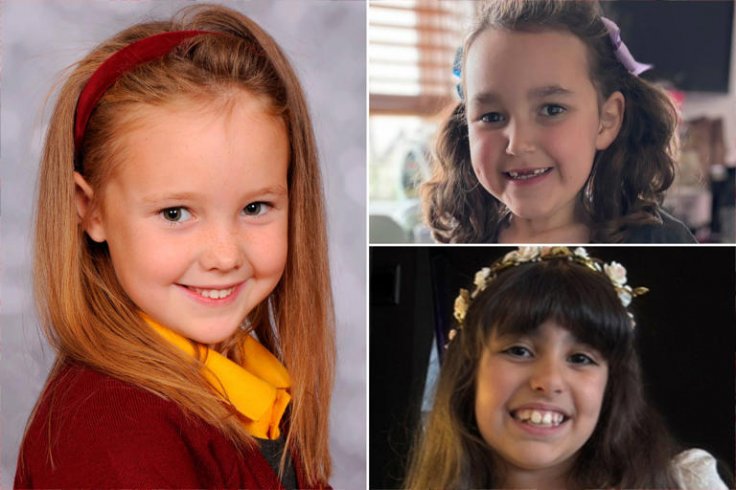The identity of the suspect in the Southport stabbing incident, which led to the deaths of three children and injuries to several others, has been revealed following a senior judge's decision. . However, misinformation on social media, falsely claiming the suspect was a Muslim immigrant, incited far-right riots in Southport, London, and Hartlepool, prompting the court to lift the anonymity order.

The tragic event occurred on Monday during a Taylor Swift-themed holiday workshop in Southport. Six-year-old Bebe King and seven-year-old Elsie Dot Stancombe were pronounced dead at the scene. Nine-year-old Alice Dasilva Aguiar succumbed to her injuries in the hospital on Tuesday. Eight other children were injured, with five critically wounded. Two adults also remain in critical condition following the attack.
Despite the ongoing investigation, police withheld the suspect's identity due to his minor status and the lack of formal charges. However, social media quickly became a breeding ground for false claims and xenophobic rhetoric, leading to unrest and violence in multiple cities.
On Wednesday, as the suspect was charged, Liverpool Crown Court's Recorder, Andrew Menary KC, ruled in favor of disclosing Rudakubana's name. Menary emphasized that revealing the suspect's identity was necessary to curb the spread of misinformation and prevent further public disorder. He stated, "Continuing to prevent full reporting at this stage has the disadvantage of allowing others who are up to mischief to continue to spread misinformation in a vacuum."
Menary's decision hinged on the fact that Rudakubana would turn 18 in six days, thus losing the protection of anonymity typically granted to minors in criminal cases. The judge highlighted the importance of accurate reporting to address the public's concern and mitigate the risk of further violence fueled by false narratives.
Rudakubana is currently held in a youth detention center and is scheduled for a plea and trial preparation hearing on October 25. This case has drawn significant attention to the impact of social media on public perception and the delicate balance between legal anonymity for minors and the public's right to information.
The court's decision underscores the challenges faced in the digital age, where misinformation can rapidly escalate into real-world consequences, demanding swift and transparent legal responses.









